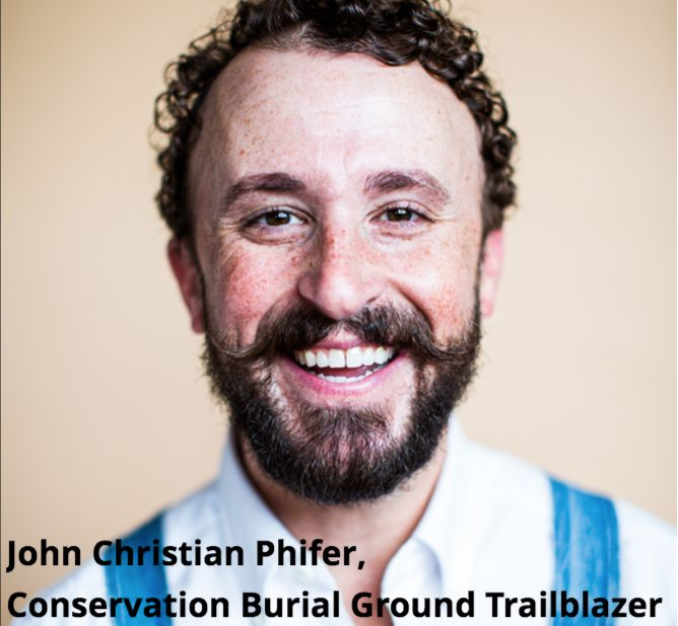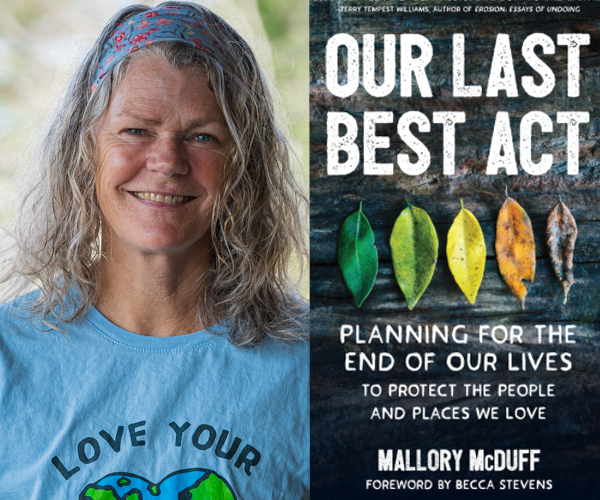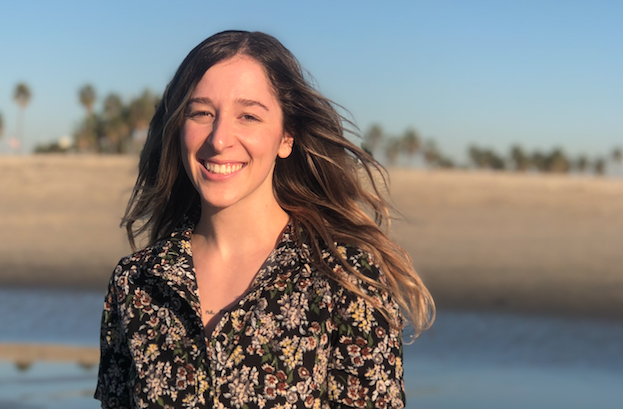John Christian Phifer
John Christian Phifer, executive director of Larkspur Conservation, led the creation of Tennessee’s first conservation burial ground, a nature preserve for natural burial. John Christian is also currently president of the Conservation Burial Alliance. At Larkspur, John Christian utilizes his background as a funeral director, embalmer, end-of-life doula, funeral celebrant, and a home funeral guide to demystify death and create meaningful end-of-life rituals. His work was recently featured on PBS in a documentary film called Bury Me At Taylor Hollow. John Christian holds a deep respect for mother nature and works to educate and empower the public by bridging environmental advocacy and end-of-life care.



